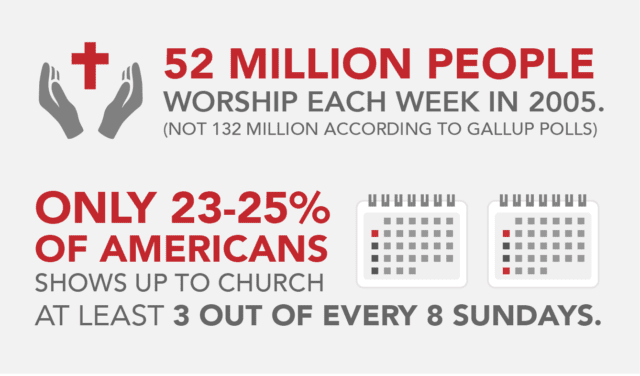We started a preteen ministry five years ago. We branded the ministry, moved into a designated space, and created unique programming that we felt would reach this unique age group. After five years, we’re still adapting and learning about what works…especially in the area of worship.
Engaging preteens in worship can be difficult. There’s a lot that goes into creating worship opportunities that really connect them to who God is and lead them to worship in a way that is comfortable for this admittedly awkward stage of life.
We’re still learning (and constantly changing), but we wanted to share four ideas to help engage preteens in worship. These are all things that we have tried over the last five years and had some success. If you’re struggling to get them engaged or keep their attention during worship, try one or all of these ideas and let me know how it goes.
4 Ideas to Help Engage Preteens in Worship
1. Change the Order of Service
Instead of starting the service or large group time with music, change things up by starting with a game or with group activity. Preteens may already start in small groups or be enjoying games as they hangout, but this idea calls for something different. Changing the order of service means calling preteens to worship as you normally would, but inserting a game or group activity at the point when they would’ve expected the music to begin. It could be wild and messy, or it could be sitting down in a group to take turns answering a question related to the lesson topic. The key is to get them engaged with adults and peers. This engagement will help them to be alert and engage quickly when the time of singing begins. This is our most recent strategy, and we’ve already seen some positive results.
2. Change the Way You Lead Them in Worship
If preteens are struggling to sing, consider leading them to worship in a different way. Preteens are often lacking in the self-confidence it takes to sing out in front of their peers. To help prime the worship pump, consider using another form of worship to engage preteens. You could use stations where preteens could pray specific prayers, use art supplies to draw a picture representing a passage of Scripture or song lyric, or write their own lyrics to a song that they would like to offer to God. You might still lead or play worship songs over the kids as they worship in different ways. Encourage them to sing as well if they feel led to do so while they participate in the other forms of worship.
3. Allow Them to Be Involved in the Service Planning
Adolescence is a time of gaining independence. Preteens want the chance to share their ideas and preferences, and they love to have responsibility. Use this to your advantage by asking preteens to help in the service planning. Conduct a survey or poll to ask preteens what they like/don’t like about the worship time. Ask them what songs they most connect with or what songs they wish were a part of the music time. Ask them what distractions keep them from worshiping and how they think those could be best minimized.
Form a team of preteens to meet regularly and brainstorm creative worship experiences for the preteen ministry. Ask them to submit songs, service ideas, even different locations for worship time. Take their ideas and put them into practice. The ideas may not all work, but preteens will definitely be more engaged with a service that incorporates their ideas.
4. Let Them Lead
If you get them involved in planning the service, take the next step and unleash them to actually lead the service. If you have a preteen who is learning guitar, allow them the opportunity to play along with worship. If you have preteens who love to sing, put them on stage—with or without a microphone—to lead with their gifts. If they’re not musically inclined, give them opportunities to lead in worship by reading Scripture, praying for the group or sharing a testimony.
Preteens leading other preteens in worship really is an amazing thing to watch. The preteens in the audience may be initially shocked by the unusual site of their peers “on stage,” but they will immediately be more attentive to the song lyrics and other elements of the service.
What ideas can you share about engaging preteens in worship?
This article originally appeared here.













